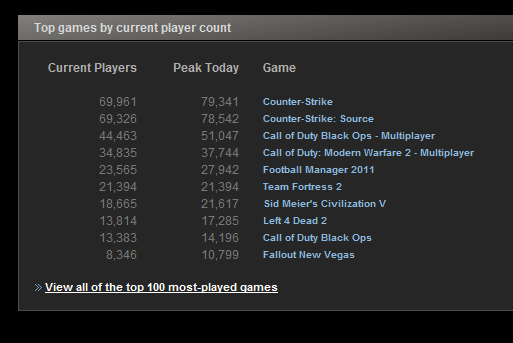What were they thinking rolling out a new logo in the age of Twitter?
The important lesson from all the negative tweets might sound outrageous, but let me make my case.
Even the people who live on the cutting-edge, the early adopters among us, are still highly resistant to change. Don't misread this. They like "new." But they are not so comfortable with change. There is a difference.
 |
| From Twitter user @DarrenLangley |
Why is this? Why can't anyone unseat this 12-year-old game? There are probably numerous factors going into this, but I believe one of the strongest draws of Counter-Strike is nostalgia and comfort. The players intimately know each map in the game. They have lived the last decade of their digital lives in this game, and the community is strong. Why would they ever want to change?
When you think about online gamers and people who live their lives on the web, we envision a community that craves the cutting edge. Could it be that those who crave the newest gadgets are not so willing to budge when they are asked to change? What should this teach us about how we approach change in our churches? Maybe that's a question we're afraid to ask honestly because we're afraid we wouldn't like the answer.

